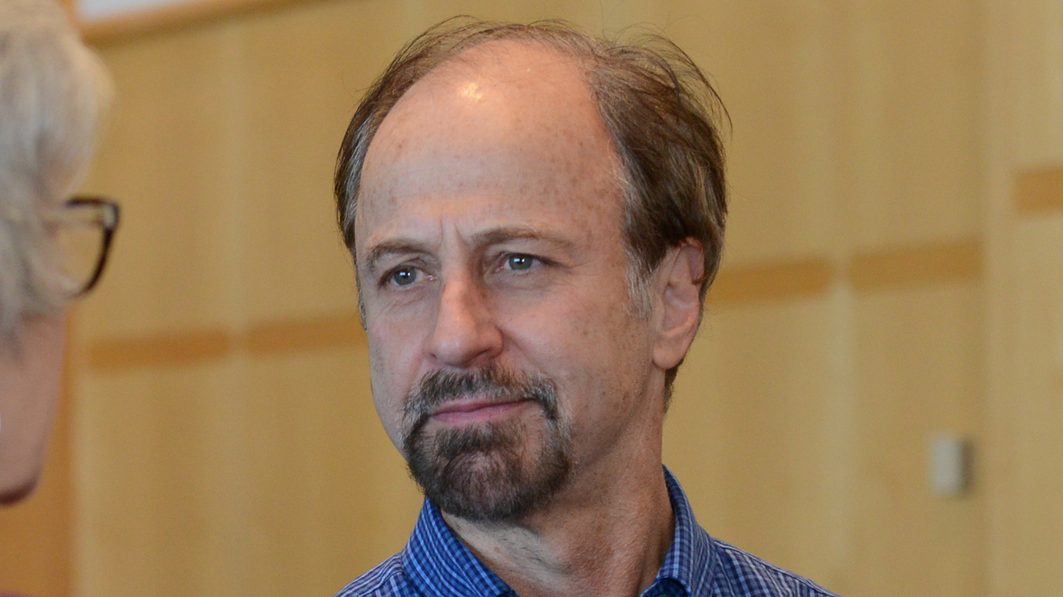Hefner Discusses Exclusive/Inclusive Practices of Islamist Movements

On December 2, 2021, Robert Hefner, Professor of Anthropology and of International Relations at the Frederick S. Pardee School of Global Studies at Boston University, spoke on a panel at the Middle Eastern Studies Association (MESA) annual meeting on “The Future of Political Islam.”
The panel was convened by Jocelyn Cesari, Senior Fellow at the Berkley Center for Religion, Peace, and World Affairs at Georgetown University. During the panel, Hefner outlined the findings of his forthcoming paper “Islamism Refigured: Lessons from the Middle East and Indonesia.” The paper explores the declining momentum of Islamist movements in the aftermath of the Arab Spring and the temporary rise of ISIS in Syria and Iraq. However, Hefner argues that even as Islamism has lost momentum, many Islamists have shifted attention away from the capture of the state to a less state-centered mobilization focused on the “Islamization of society” with the aim of creating religiously-differentiated citizenship in which Muslims and non-Muslims would be accorded very different places. At the same time, in countries such as Indonesia other mainstream Muslim movements have pushed back against these exclusivist initiatives, rallying to a religiously inclusive practice of citizenship and nation.
Robert Hefner has directed 19 research projects and organized 18 international conferences, and authored or edited nineteen books. He is the former president of the Association for Asian Studies. At CURA, he directed the program on Islam and civil society since 1991; coordinated interdisciplinary research and public policy programs on religion, pluralism, and world affairs; and is currently involved in two research projects: “The New Western Plurality and Civic Coexistence: Muslims, Catholics, and Secularists in North America and Western Europe”; and “Sharia Transitions: Islamic Law and Ethical Plurality in the Contemporary World.” Read more about Professor Hefner on his faculty profile.